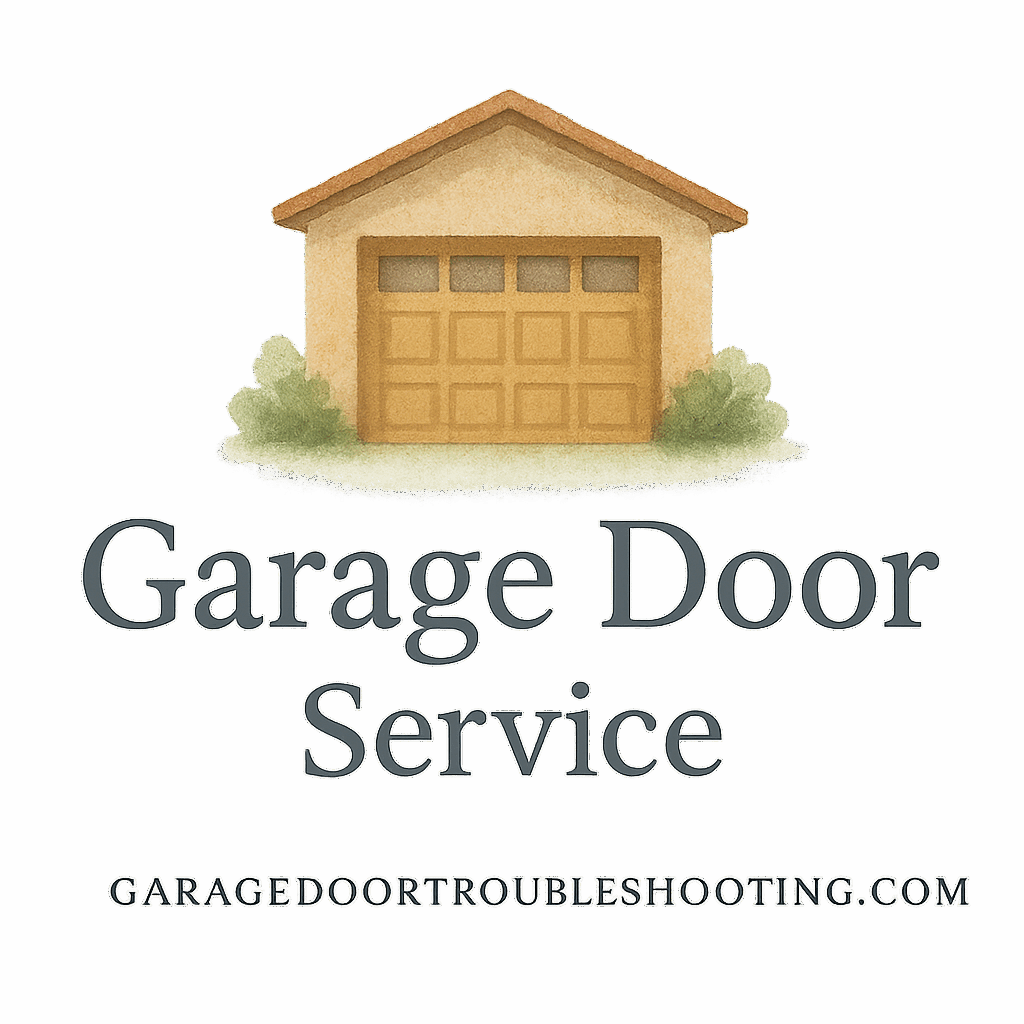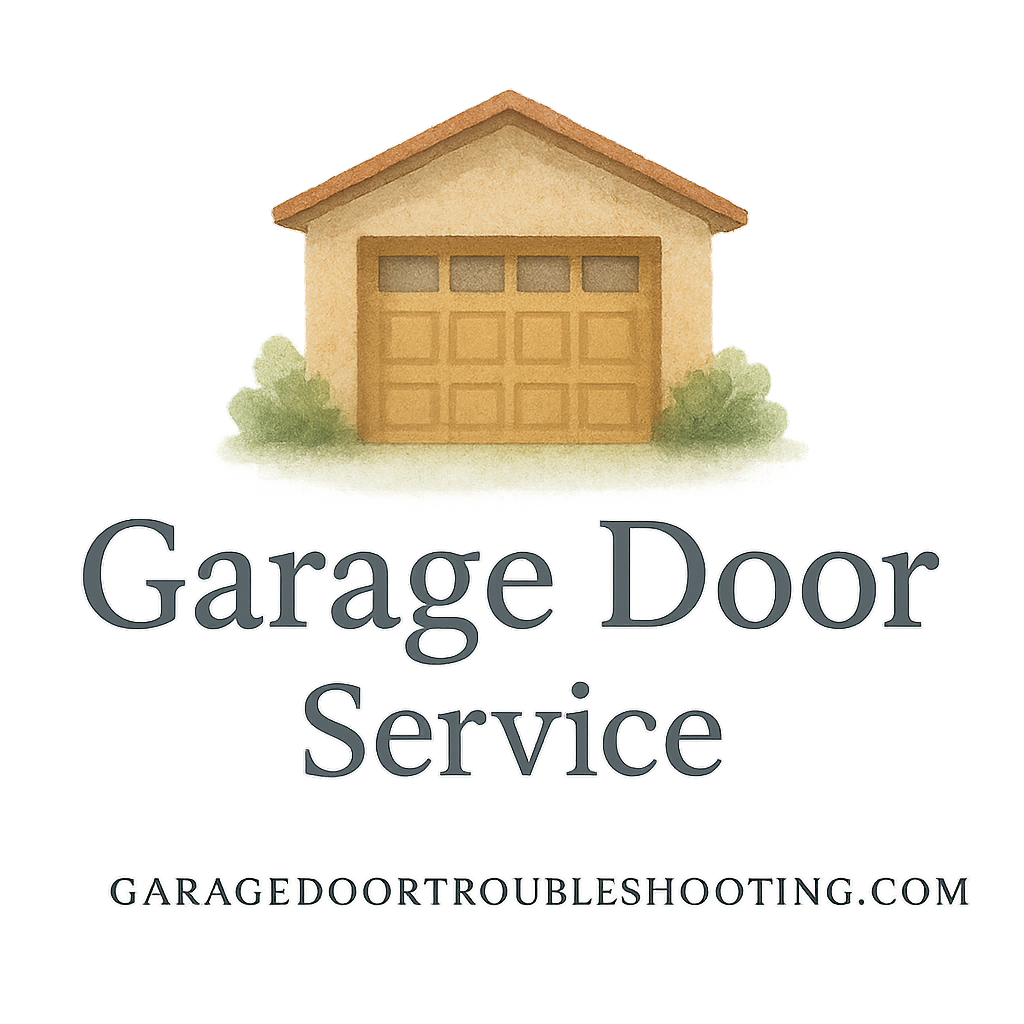Introduction Have you ever wondered why your garage door suddenly makes noise, struggles to open, or simply refuses to budge? You’re not alone. These aren’t just random incidents; they’re often signs that certain parts of your garage door need some tender loving care. Regular maintenance can save you time, money, and a lot of frustration.
Understanding the Importance of Regular Maintenance Imagine trying to drive a car that hasn’t been serviced in years. Similar to that, a garage door operates smoothly only when its components are in top shape. Regular maintenance not only extends the life of your door but also ensures the safety and security of your family.
Part 1 – Springs: The Backbone of Your Garage Door
Why Springs Matter Springs bear the weight of your garage door every time it opens and closes. Without them, lifting the door would be almost impossible.
Signs Your Springs Need Attention
- Loud creaking or snapping noises
- The door struggles to open or close
- The door appears off balance
Maintenance Tips for Springs Regularly lubricate the springs and visually inspect for signs of wear or rust. If you notice any damage, it’s best to consult a professional technician. For more information, visit Garage Door Services for Professionals for expert help.
Part 2 – Cables: The Unsung Heroes
The Role of Cables in Garage Door Movement Cables work with the springs to lift and lower the door smoothly. When cables fray or snap, the door can collapse suddenly.
Common Problems with Cables
- Fraying or broken strands
- Misaligned cables
- Cables coming off the drum
Maintaining Garage Door Cables Check for fraying or wear periodically. Never attempt to fix cables yourself as it can be dangerous. Learn more about the Benefits of professional garage door maintenance.
Part 3 – Rollers: The Smooth Operators
What Are Garage Door Rollers? These small wheels help the door glide smoothly along its tracks.
Symptoms of Worn Rollers
- Squeaky or grinding noises
- The door shakes when opening or closing
Tips for Maintaining Rollers Lubricate the rollers every few months. Replace any that appear worn or chipped. Discover more about DIY Maintenance for garage doors.

Part 4 – Tracks: The Guide for Movement
Importance of Properly Aligned Tracks Tracks guide the door’s movement and ensure it operates smoothly.
Identifying Track Problems
- The door doesn’t move smoothly
- Misaligned or bent tracks
- Noisy operation
Maintenance Advice for Tracks Inspect tracks for debris or misalignments. Gently tap bent sections with a rubber mallet. Learn more about Garage Door Maintenance Tips here.
Part 5 – Hinges: The Connecting Links
What Do Hinges Do for Your Garage Door? Hinges hold the door sections together and enable smooth bending as the door operates.
How to Spot Worn Hinges
- Loud squeaking or popping sounds
- Loose or broken hinge pins
Maintaining Hinges Regularly Check for signs of rust or wear. Lubricate hinges periodically. Consult Garage Door Repair Guides for more tips.
Part 6 – Opener Motor: The Powerhouse
Why Motor Maintenance Is Critical The motor operates the garage door opener, making it an essential component for convenience and security.
Symptoms of Motor Wear
- The door moves slowly or not at all
- Unusual noises when operating
- Motor overheating
Tips for Maintaining the Motor Regularly inspect the motor for wear and lubricate moving parts. Consult a technician for more complex issues. For installation tips, visit Garage Door Installation Advice.
The Role of Professional Maintenance While routine checks can be performed by homeowners, certain maintenance tasks are best left to the experts. Always hire a qualified technician for more complex issues to ensure the safety and longevity of your garage door. Discover more about Garage Door Services available for homeowners.
Conclusion Your garage door is an investment in the safety and convenience of your home. Regularly maintaining its critical components — springs, cables, rollers, tracks, hinges, and motor — can save you from costly repairs and unexpected downtime. Stay vigilant and don’t hesitate to call a professional when needed.
Frequently Asked Questions
- How often should I maintain my garage door? At least every six months.
- Can I replace garage door springs myself? It’s highly discouraged due to the risk of injury.
- What lubricant is best for garage door parts? A silicone-based lubricant is ideal.
- Why is my garage door making noise? Likely due to worn rollers or hinges.
- How long do garage door cables last? Typically 7–10 years with regular maintenance.
- When should I call a technician? When dealing with springs, cables, or motors.
- Can I use WD-40 on garage door parts? It’s better to use a silicone or lithium-based lubricant for long-lasting results.


